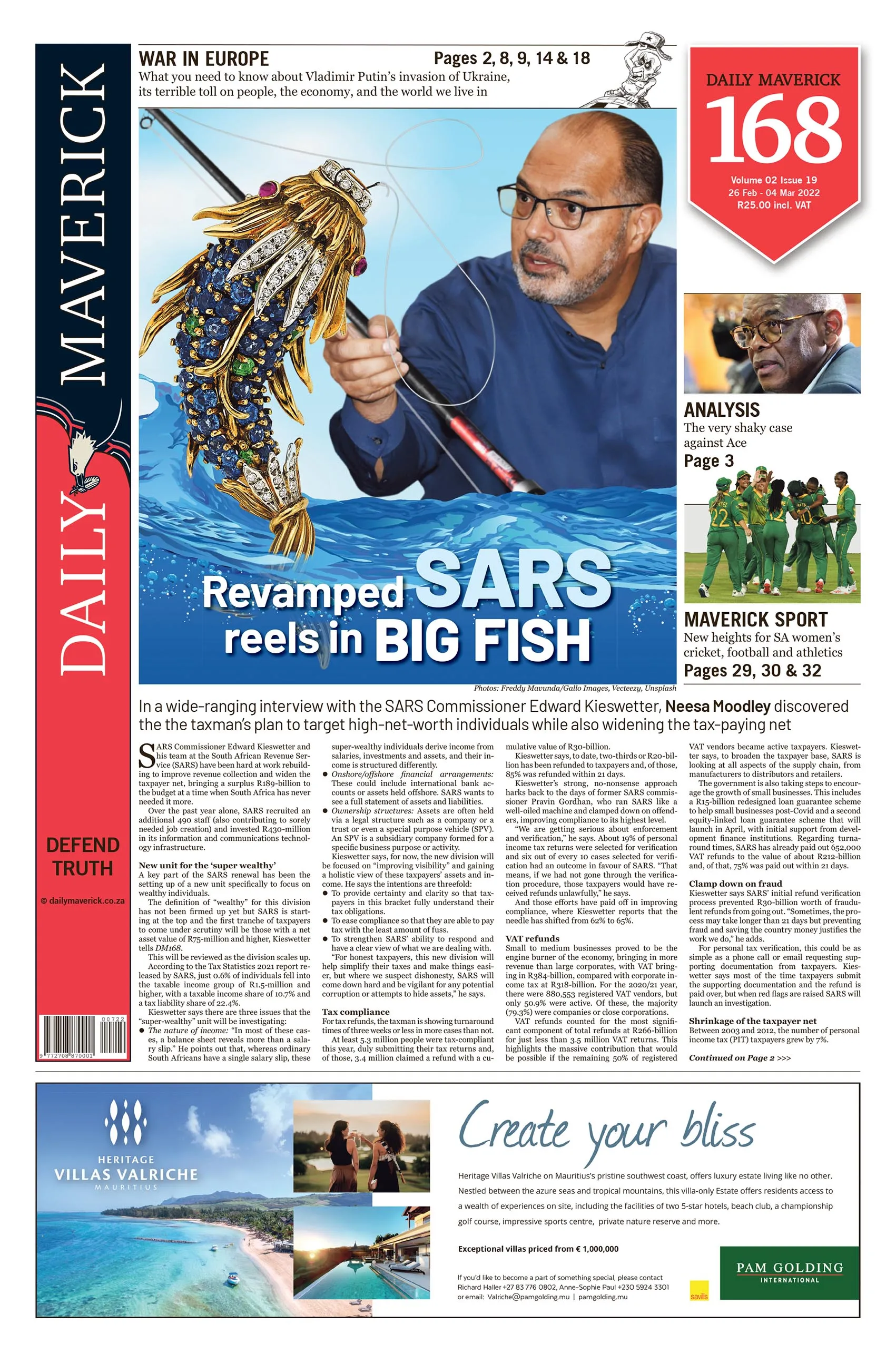Wednesday, 23 February, was no exception, with Finance Minister Enoch Godongwana telling Business Day columnist Hilary Joffe that he had read her latest article and teasing the assembled media that he had beaten them to the venue for the second time.
While these are throwaway comments, not all of the chitchat should be dismissed as mere jest. Such as this quip from the minister: “To my right is Deputy Finance Minister Dr David Masondo, though I suspect that ideologically he is to the left of me,” he said to smiles and laughs. He then made a pointed remark about ideology in the budgeting process, noting that the Budget is put together by the technocrats in the National Treasury, who are ideologically neutral.
“The only one who is not neutral is me,” he said. He was clearly drawing a protective ring around the staff at the National Treasury who, while probably not ideologically neutral, are largely able to put this aside and stand head and shoulders above some parts of the civil service when it comes to professional integrity, ethics, research and more.
That said, should we draw any inferences from Godongwana’s comments? The one thing about him is that he is a political animal through and through, and comments about ideological influences should probably not be dismissed. He steered the ANC’s Economic Reconstruction and Recovery Plan through the Cabinet. He understands the inner workings of the National Executive Committee and the tripartite alliance better than most. He has trod carefully but firmly around the controversial subject of International Monetary Fund and World Bank loans, insisting that the recent $750-million World Bank loan was “palatable”. Without it, he told MPs, the Treasury “would not be able to continue with the work it was doing”. Notably, this involves paying down debt, and restructuring longer-term debt on more favourable terms.
Of course, in a developing economy like ours, the budget process can never be politically neutral, and the allocation of scarce resources will always be politically charged. SA’s Budget is unashamedly redistributive and pro-poor. That has been the case since 1994, and was the case when Pravin Gordhan squandered Trevor Manuel’s lone surplus, kick-starting an era of profligate state spending because he “would not subject South Africans to austerity”. To his credit he also tried to put the brakes on public spending, recognising that consumption-driven spending (on wages, for instance) was crowding out the investment spending necessary to deliver services and grow the economy.
But as SA has flirted ever closer to the fiscal cliff, and as poverty and unemployment have increased, the debate around fiscal and monetary policy has grown more shrill and more polarising. However, a closer look at the latest Budget suggests that perhaps the ideological pressure is not coming from the left, as everyone presumes, but from somewhere closer to home – like the Presidency.
As Intellidex head of capital markets research Peter Attard Montalto asks, what was the real test of this Budget? Was it achieving a 50:50 balance of new expenditure versus consolidation from the extra revenues? Ideally yes, but that was not achieved, given the extension of the Social Relief of Distress Grant, an R18.4-billion extension to the Presidential Youth Employment Initiative and the increase to the contingency reserve fund. What about the zero-based budgeting we heard about last year? And what about really reining in public spending? As Montalto points out, the weekly issuance of government bonds surprised to the upside, moving from R3.9-billion/week to R4.2-billion/week. There was some vague talk about introducing a “fiscal anchor” to the budget process to cap levels of public spending. But without the political will, that’s likely to work as well as the expenditure ceiling, which is breached year after year.
So what is really going on? To my mind the ideological pressure is coming from the left, which is where one expects it to come from. But it is also coming from the centre, from a Presidency that sees no problem issuing more debt, so long as it supports job creation initiatives. This (the debt issuance, not the job creation) flies in the face of stated government policy and suggests that a win-at-all-costs desperation may have taken hold in the centre.
“The fiscal-political machine remains broken even if the headline metrics are ‘fine’,” says Montalto. And this may just be what is worrying Godongwana. DM168
This story first appeared in our weekly Daily Maverick 168 newspaper which is available for R25 at Pick n Pay, Exclusive Books and airport bookstores. For your nearest stockist, please click here.


















 Become an Insider
Become an Insider
Comments - Please login in order to comment.